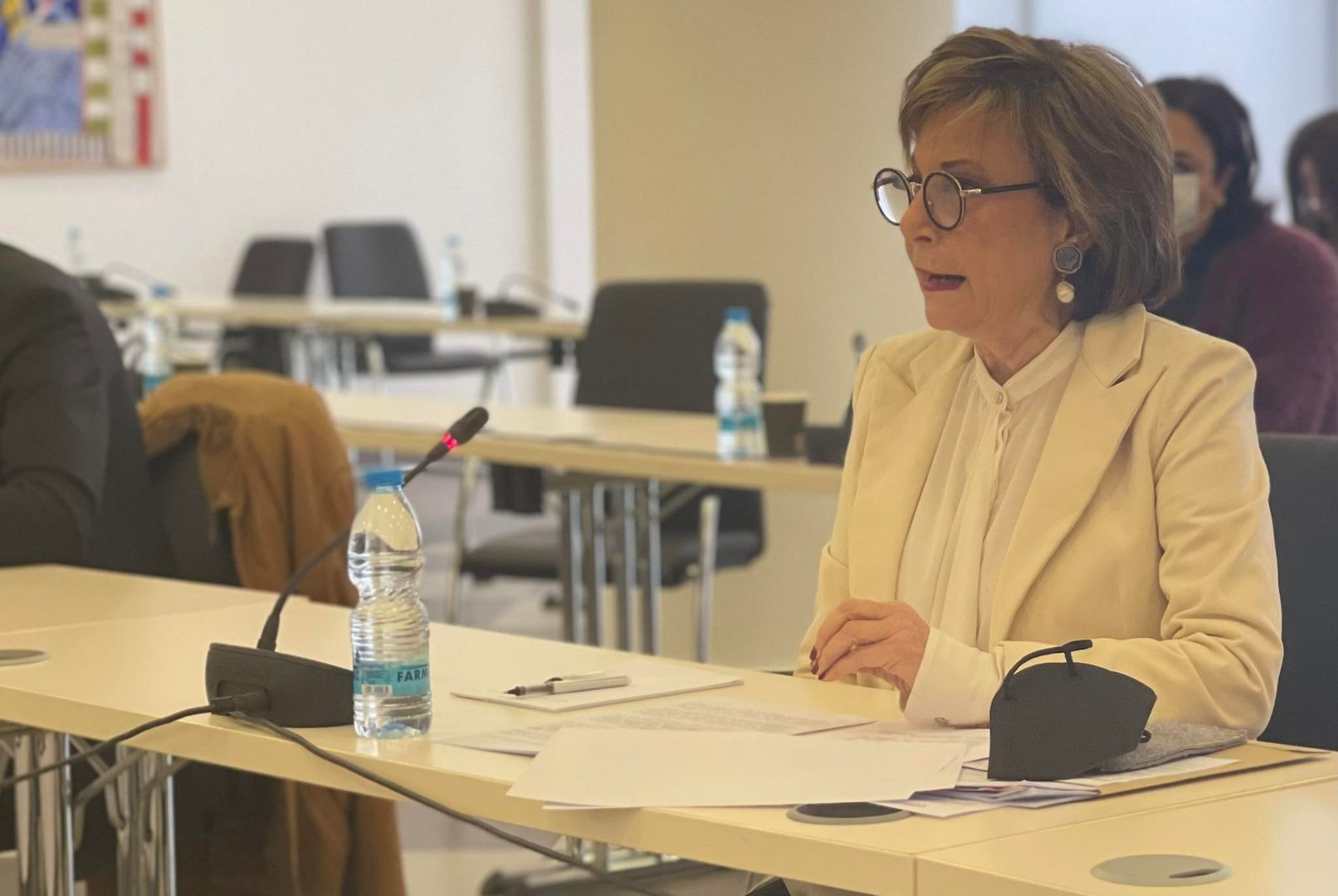Police are to revise their protocols with a step-by-step procedure for the handling of gender-based violence to ensure female victims receive the right treatment and psychological support, Justice Minister Stephie Dracou said Monday.
The minister was speaking at the House human rights committee during which MPs reiterated that the relevant legislation is not properly implemented and female victims are not fully protected.
Dracou admitted there are still several steps to be taken for the proper implementation of the legislation despite the introduction of a series of laws on gender-based violence.
She said a first important step for the implementation of the legislation stemming from the Istanbul Convention is the recent establishment of a coordinated body to coordinate actions taken to prevent and combat such violence.
The coordinated body will be responsible for monitoring, making recommendations, and coordinating all offices involved in the implementation of the convention.
Its chairman, Aristos Tsiartas, who has experience in human rights issues as an officer at the ombudsman office, said the body was approved by cabinet on March 3.
It includes representatives from all state departments involved as well as NGOs.
The justice minister also highlighted the importance of reviewing police’s protocols and which provide for the presence of a female officer in all violence cases against women.
“One of the measures we have recently taken, in collaboration with the Chief of Police, is to revise the police protocols to have a step-by-step procedure for handling incidents of gender-based violence,” she said.
“In this way, the victim will receive the right treatment in a climate of complete confidentiality and psychological support.”
The 2019 Ayia Napa rape case which made international headlines was also brought up as an example of how the culture of the police needs to change. The British woman who had reported she was raped by a group of Israelis in 2019 before retracting her claim later said that local police coerced her into retracting, while questioning her without the presence of an interpreter.
Since then, police domestic violence units have been established across all districts “for an immediate and efficient intervention” Dracou said.
Green’s MP Alexandra Attalides pushed for an investigation into the processes of the police.
“There should be an investigation within the police, based on the case of the British woman, but also on other cases where women’s complaints were rejected, because we need to examine the culture and the climate that prevails in the police, the weaknesses that we need to overcome, to reach the point where victims feel safe when they go to the police,” Attalides said.
In terms of the adoption of Istanbul convention, the state has two reservations Dracou said, explaining these concern whether there are sufficient funds for the state to compensate women in case of severe disability following gender-based violence and the autonomous residence permit of a foreign spouse victim of domestic violence.
She said negotiations must take place with the interior ministry and other relevant bodies so that this provision is not exploited to cover up sham marriages.
Referring to the creation of the woman’s house, Dracou said there is also the need to map incidents of gender-based violence, which is on the rise due to the pandemic crisis.
MPs highlighted once again the need to establish additional infrastructure which will target victims of all forms of violence, as the woman’s house is ran by Spavo and focuses on domestic violence.
Female victims of gender-based violence are not fully protected in Cyprus even though there are laws providing for their protection, said the chairwoman of the human rights committee Irini Charalambidou in her own remarks.
“There is good intention to implement it, but we have not yet reached the goal, which is the absolute protection of the victim.”






Click here to change your cookie preferences